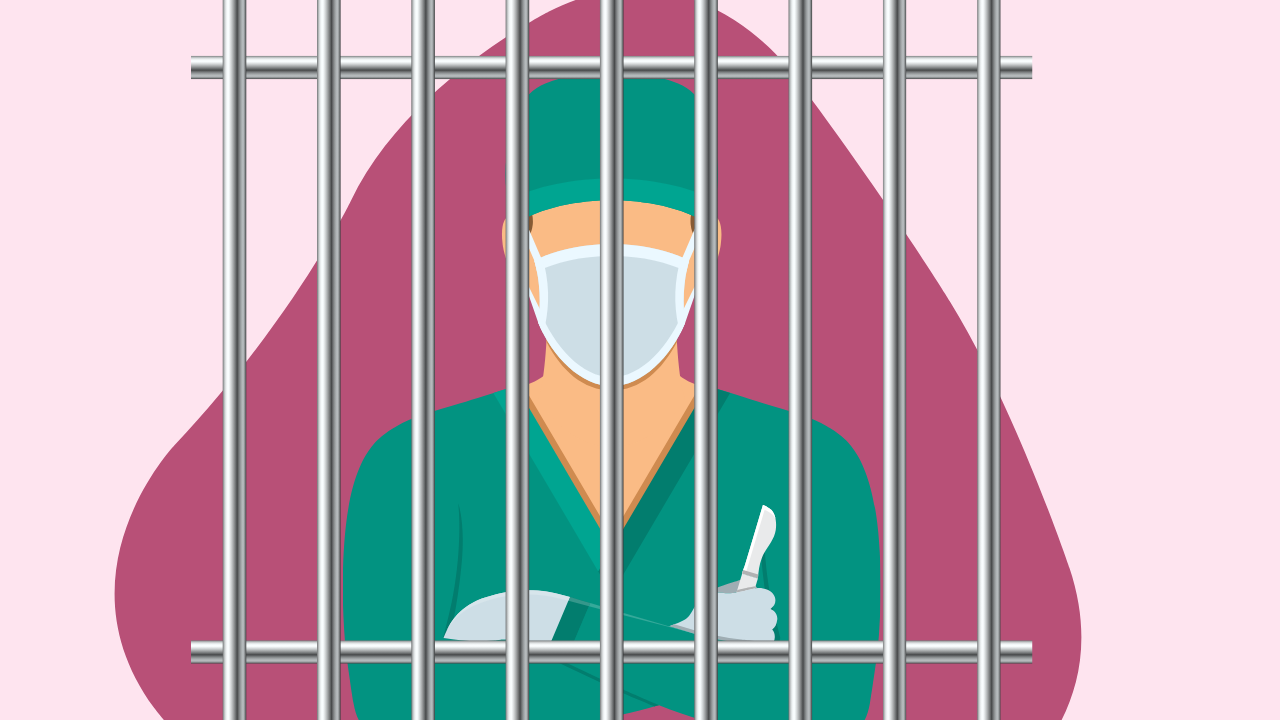Breast Surgeon Jailed after Woman's Death

Ian Paterson, the former breast surgeon serving a 20-year prison sentence for carrying out unnecessary and harmful procedures, told a coroner's court that while he “never intentionally left breast tissue behind,” no mastectomy can ever be considered truly complete — “every mastectomy is incomplete,” he said, according to an article from the BBC.
Paterson’s remarks were made during an inquest into the death of Chloe Nikitas, a 43-year-old woman from Tamworth who underwent a mastectomy performed by Paterson in 2002.
An inquest is a formal part of the UK legal system, led by a coroner to investigate the cause and circumstances of a person’s death — particularly when the death is sudden, unexplained or raises public concern. While inquests do not assign criminal blame, their findings can inform further legal or regulatory action.
Ms Nikitas’s case is one of 62 inquests recently opened into the deaths of Paterson’s former patients, many of whom received controversial “cleavage-sparing mastectomies” — procedures that left breast tissue behind in order to preserve the appearance of cleavage. This technique violated national cancer treatment guidelines and may have increased the risk of cancer recurrence.
At the hearing, Paterson insisted he never intended to leave residual tissue, but acknowledged that it can happen. “Every surgeon leaves behind breast tissue — they don’t do it intentionally, but it happens,” he told the inquest, as reported by the BBC.
While Paterson has previously defended the cosmetic reasoning behind his technique, in the case of Ms. Nikitas he denied any such motivation. He stated that due to her slim build, “trying to retain any of her breast tissue was manifestly stupid.” He added that leaving any behind would have clearly posed a risk of the cancer returning.
Pressed by counsel to the inquest, Jonathan Jones KC, on whether he had long understood that leaving breast tissue could increase recurrence, Paterson declined to give a direct answer. According to the BBC, he described the question as too complex for a “yes or no” response. “What you’re asking me to say, I’m not going to say,” he told the court. He argued that cancer recurrence involves a range of factors, not just surgical technique.
Still, he conceded that if visible, or macroscopic, tissue had been left behind in Ms Nikitas’s case, it would have posed “an obvious risk of local recurrence” and that doing so on purpose would have been an error.
The inquest also examined Paterson’s decision not to further investigate a lump Ms Nikitas reported in 2005. Though he chose not to pursue testing at the time, a biopsy later confirmed it was Grade 2 ductal carcinoma. According to the BBC, Paterson argued that an earlier diagnosis would have made “very little difference” because the disease was already “out of control.”
Seven possible explanations were presented for how the cancer returned. Paterson dismissed six, suggesting instead that the original tumor had likely spread beyond her lymph nodes before her first surgery. He also speculated that her cancer might have involved the HER2 protein — despite her being classified as HER2-negative — which he said could explain the tumor’s aggressive behavior, resistance to treatment and shorter-than-expected survival.
Based on her original diagnosis, Ms Nikitas had an 88 percent chance of surviving 15 years. She lived only six. She is survived by her partner, Klaus Ströhle, and her son.




